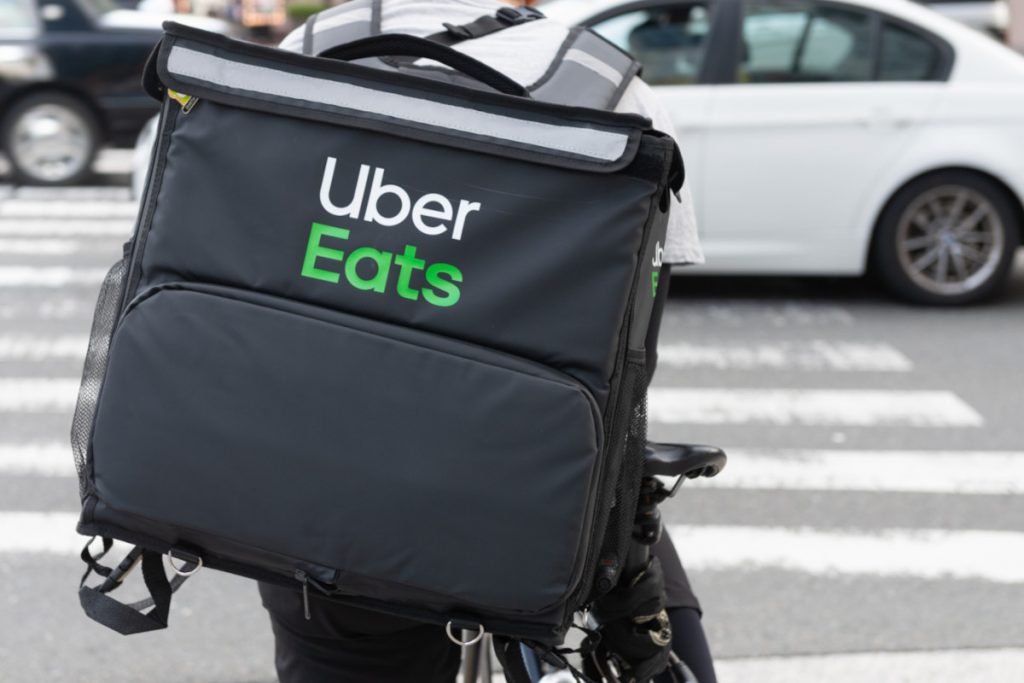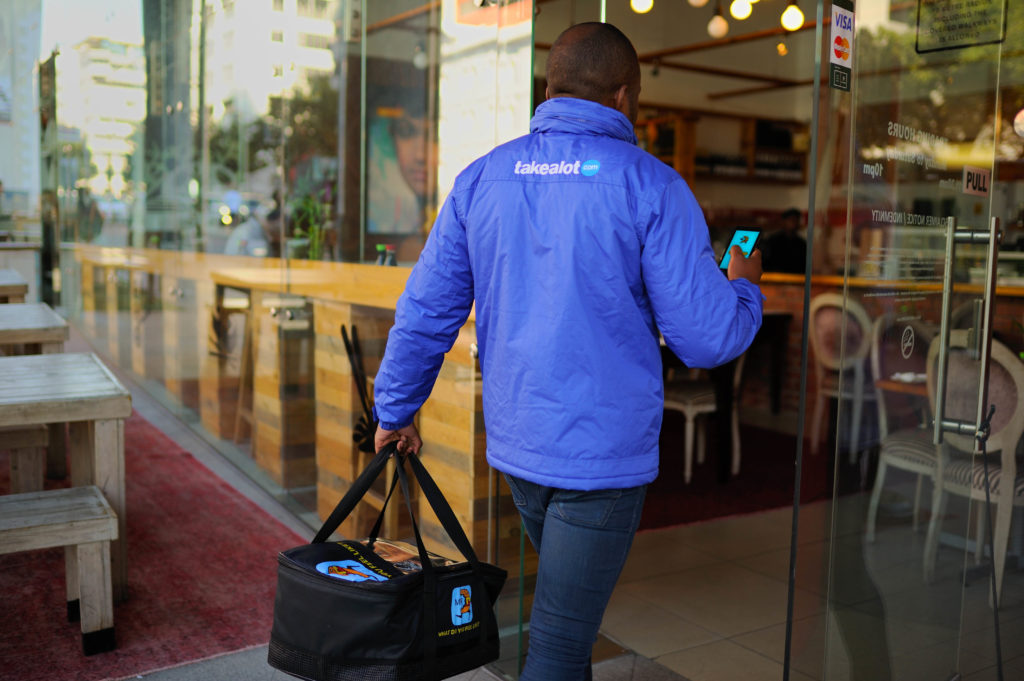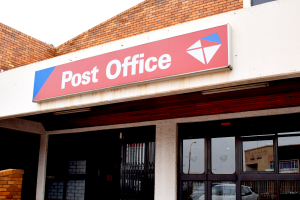Smackdown for UberEats, Mr D, Apple, Google, and Takealot in South Africa

The Competition Commission’s wide-sweeping Online Intermediation Platforms Market Inquiry has come with a host of demands for dominant players in South Africa’s digital space.
The commission launched the inquiry in 2021 in response to the growing importance of the online economy and competition concerns in South Africa and other economies.
It identified leading platforms in each category of e-commerce – those that get the most consumer traffic – upon which the business users are relatively dependent, and which are, or are likely to be, entrenched.
The final report, published on Monday (31 July), has now singled out these dominant players and ordered that they take remedial action to improve competition in their respective sectors, or to cut out otherwise anti-competitive behaviour.
These are the main changes:
Online retail: Takealot
The inquiry identified Takealot as the dominant online retailing in the country – although it acknowledged that other, bigger players may still enter the market.
It found that Takealot sustained anti-competitive practices by effectively blocking other retailers from competing on price, while also giving its own retail segment a leg up by having it compete with other retailers on home ground.
To change this, Takealot is required to:
- Stop forcing pricing limits on marketplace retailers;
- Split its marketplace and retail operations;
- Change how it displays highlighted products.
Online search: Google Search
The inquiry found that Google Search dominates the online search space in South Africa (and the world), which gives it many competitive advantages.
Like Takealot, its own products benefit from home advantage – but more than this, its platform gives added benefit and visibility to larger, often international companies in an environment that local companies can’t compete in.
To change this, Google Search is required to:
- Give room to smaller, relevant South African companies in search;
- Add ways for South Africans to filter out non-local businesses;
- Implement in South Africa measures taken in Europe to comply with similar provisions in the Digital Markets Act to address self-preferencing.
App stores: Apple and Google Play
The Inquiry identified Apple’s App Store and Google Play as the dominant application marketplaces in South Africa, with practices that moved against competition in the country.
Specifically, the commission took aim at ‘anti-steering’ practices, which blocked apps from directing users to other payment methods that circumvent the app stores (and their hefty commissions), as well as their failure to localise search – so local apps are overshadowed by bigger players.
To change this, the app stores are required to:
- Stop preventing apps from directing consumers to pay on the app’s own website, and ensure continued free use;
- Implement in South Africa measures taken in Europe to comply with similar provisions in the Digital Markets Act to address reasonable and fair pricing;
- Provide for local discoverability in curation and search.
Food Delivery: UberEats and Mr D
Food delivery has gained significant traction in South Africa thanks to the Covid-19 lockdown – and now two dominant players have emerged in UberEats and Mr D.
However, their dominance has come at the expense of smaller or more localised delivery platforms, the commission said. This is done through commission fees.
On the one hand, the dominant players draw restaurants to list through offering lower commission fees for franchise exclusivity, undercutting local services. On the other, they make massive gains on charging high commission fees for independent restaurants.
In both cases, competition is limited, and end users often pay more as the commissions are typically added as a surcharge onto menu pricing.
To correct this, the commission demands that:
- National restaurant chains be prohibited from restricting or dictating the choice of food delivery platform by its franchisees;
- The platforms develop models for their respective businesses (tiered pricing or rebates) to ensure that commission pricing is more reflective of the restaurant’s gross sales.
Online classifieds: Various
The inquiry found that different categories of classifieds were dominated by various players. In the automotive space, Autotrader and Cars.co.za were dominant. In property, it was Property24 and Private Property.
The key takeaway in the classifieds sector is that listing prices prohibit competition, while the property sector, in particular, faces hurdles due to syndication costs and packages which impede estate agents.
There was also a big issue with the industry association, the Real Estate Business Owners of South Africa (Rebosa), partnering with Private Property.
To correct this, these players need to:
- Cease charging for incoming listings and end multi-year contracts with large agencies;
- See Rebosa cease its partnership with Private Property;
- End listing discrimination through and promotion fees that favour large players over smaller SMEs.
Along with the sector-specific recommendations, the Competition Commission also required that dominant players take remedial action to promote historically disadvantaged businesses (HDPs) in each industry.
Further to this, it said that the South African government needs to set up an HDP fund to support the digital economy.
“The Inquiry recommends that an allocation of government funds is made to supporting HDP digital economy startups through the DTIC or DSBD where the HDP Startup Fund is actively administered by
an agency of government.
“The funds should be mandated for HDP startups only and may be allocated in support of other geographic and sectoral priorities.”
This should include funds for the operation of incubators and accelerators, it said, adding that beneficiary VC funds should commit to achieving internal transformation targets set by the agency.
The full report can be read here.
A summary of the findings is embedded below:
Read: Takealot ordered to make massive changes to ease competition

























